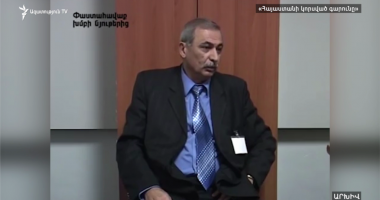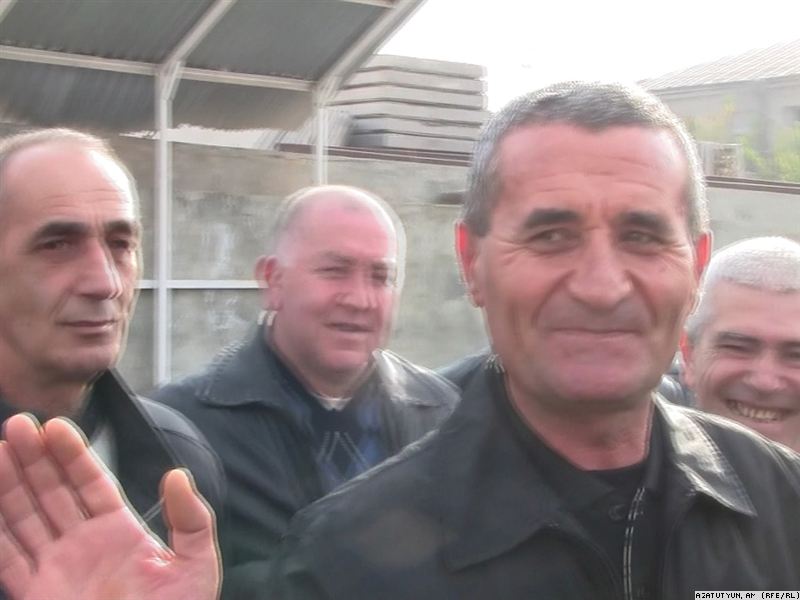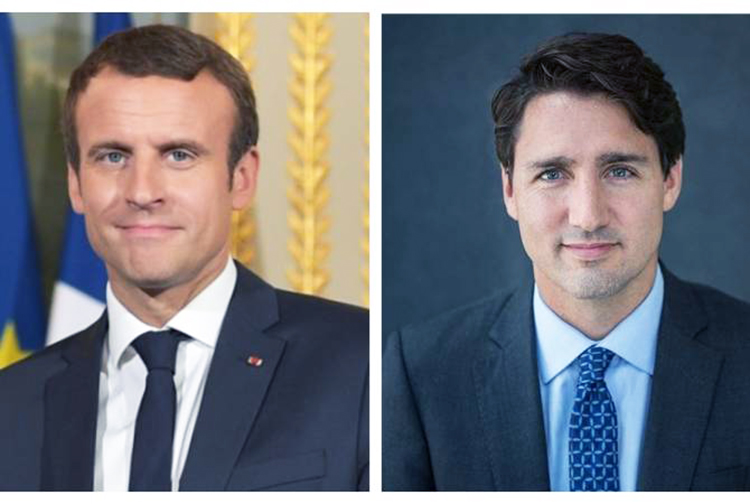By Josep Borrell and Olivér Várhelyi
(An op-ed by the European Union’s foreign policy chief and commissioner for neighborhood and enlargement)
In this challenging time, marked by the coronavirus outbreak, we can see how important international cooperation is. Over the last decade, the Eastern Partnership has brought concrete benefits for people in Armenia and across the European Union’s eastern neighborhood.
The European Union provides Armenian companies, which will be economically hit the hardest by the pandemics, with funding, training, and export support to new markets, through the EU4Business initiative. Since 2009, the European Union loaned the companies in Armenia €500 million, supported 25,000 enterprises and created 2,500 new jobs.
The European Union also supports one of the most growing industries in the country – tourism. For example, with our help the Dilijan Tourist Information Center and Arts and Crafts Centers were established, together with 11 hiking trails in Dilijan National Park and 300 km trails in Syunik, Gegharkunik and Vayots Dzor. The tourism projects in Armenia created over 100 new jobs for the local population and supported more than 300 local SMEs.
The Pilot Regional Development Programme Grant Scheme ‘EU4Regions: support to Regional Development in Armenia’ supported regional and local economic development and created 544 new jobs. Under the project, support was provided to 2,831 individuals to improve their employability, as well as to 719 enterprises. This allowed creating 460 new, sustainable jobs.
Over the past 14 years, the European Union has supported Armenian colleges’ educational reforms, renovation and upgrading. Over 4,500 students have benefited from the reforms supported by the EU, and 17 colleges have been renovated. The ‘Organic Agriculture’ training module has been introduced in 15 colleges. Under Erasmus+ (2014-2020), over 1,800 students and academic staff from Armenia have studied or taught in Europe, and 885 Europeans went to Armenia. In addition, over 6,800 young people and youth workers took part in short-term exchanges, mobility, training and volunteering projects.
To ensure our partnership continues to deliver in the fast changing world of today, we need to do even more and better. To shape our priorities, we consulted last year with people, businesses, organisations and governments of 33 countries from across our shared region. While there was an appreciation for the results achieved, there was also a clear expectation that we enhance our cooperation when it comes to jobs and prosperity, investments, connectivity, good governance and common challenges such as climate change and the digital transformation.
And now we presented our response to these consultations with long-term objectives for our policy beyond 2020. Our continued engagement with the Eastern Partnership countries remains a key priority for the European Union. Our proposals for the future are ambitious yet achievable. They build on existing cooperation but also identify areas where we need to go further. They are built on fundamental values as the heart of the EU project, such as the rule of law, protection of human rights and fight against corruption.
Concretely, we are proposing to our partners to work together on the following objectives:
–Together for resilient, sustainable and integrated economies: Strengthening the economy is key to meeting citizens’ expectations and reducing inequality and for making our partnership a success. We will focus on job creation and economic opportunities, through increased trade, investments, stronger connectivity, in particular in transport and energy, and linking education, research and innovation better with private sector needs.
–Together for accountable institutions, the rule of law and security: Good governance and democratic institutions, the rule of law, successful anti-corruption policies and security are essential for sustainable development and the consolidation of democracy. They are the backbone of resilient states and societies as well as strong economies.
–Together for environmental and climate resilience: To protect our world for generations to come, we all need to take responsibility. The EU will work with its partners to improve the resource-efficiency of economies, develop new green jobs and promote local and renewable sources of energy.
–Together for a resilient digital transformation: The EU will further invest in the digital transformation of our partners, aiming to extend the benefits of the Digital Single Market to partner countries. Our joint work will also focus on strengthening e-Governance, scaling up digital start-ups and supporting the cyber resilience of partner countries.
–Together for resilient, fair and inclusive societies:Free and fair elections together with transparent, citizen-centered and accountable public administrations are essential for democracy. The EU will continue to focus on these key areas, engaging with civil society, which needs to be given sufficient space, and supporting free, plural and independent media and human rights, as well as ensuring mobility and people-to-people contacts, all particularly important also due to growing disinformation against EU values.
Over the past decade, trade between the EU and its eastern partners has nearly doubled. Over 125,000 small and medium-sized businesses have directly benefitted from EU funding, creating or sustaining more than 250,000 jobs. We are better connected thanks to improved transport links and easier access to high capacity broadband. And according to recent surveys, the EU is the most trusted international institution among Eastern Partnership citizens. We will keep this results-oriented approach and look to do much more together in the face of today’s challenges, including when it comes to crises such as COVID-19 pandemic.
And through this we will build an even more ambitious Eastern Partnership that delivers for all and continues to bring our shared continent closer together.










